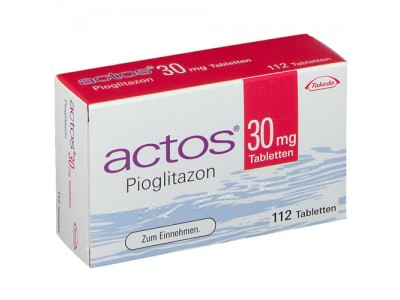Actos (Pioglitazone) is a medication primarily prescribed for managing type 2 diabetes. It belongs to a class of drugs called thiazolidinediones, which help improve insulin sensitivity in the body. By enhancing the body's response to insulin, Actos helps regulate blood sugar levels.
While Actos is effective for many patients in controlling diabetes, it is important to consider potential health implications associated with its use. Like any medication, Actos can have side effects. Common side effects may include weight gain, edema (fluid retention), and an increased risk of bone fractures in women. It may also lead to an increased risk of bladder cancer, although this risk is considered relatively low.
Due to these potential risks, Actos is not recommended for individuals with certain conditions such as heart failure or a history of bladder cancer. It's crucial for healthcare providers to assess each patient's individual health profile and weigh the benefits against potential risks before prescribing Actos.
Monitoring and regular check-ups are typically recommended for patients taking Actos to manage diabetes. This helps ensure any side effects or complications are promptly identified and managed. Additionally, lifestyle factors such as diet and exercise remain important components of diabetes management alongside medication.
As with any medication, it's essential for patients to communicate openly with their healthcare providers about their health status, any concerns or side effects experienced, and any changes in symptoms. This allows for personalized management and adjustments to treatment as needed.
Overall, Actos can be effective in helping to control blood sugar levels in patients with type 2 diabetes, but it should be used cautiously and under the guidance of healthcare professionals to minimize risks and optimize health outcomes.

